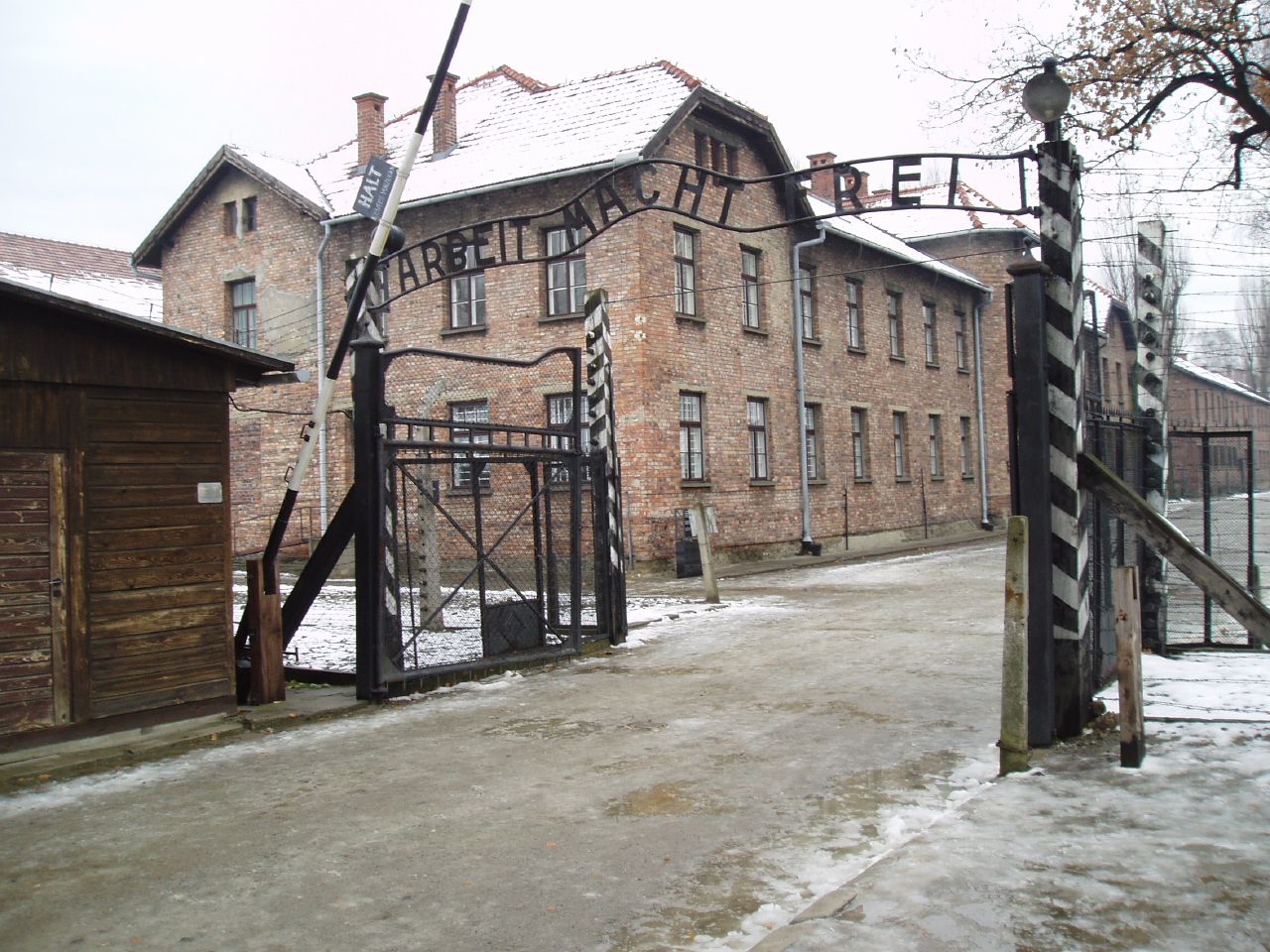Views expressed in opinion columns are the author’s own.
This Monday, April 24 was Holocaust Remembrance Day. It’s been 72 years since the Holocaust ended, and we must ensure its memory does not fade. The survivors will not be here forever to educate the next generation about the horrors they faced. Even today, we can see people forgetting the atrocities committed against so many millions of people. To mitigate this alarming trend, we must mandate nationwide Holocaust education to guarantee history will never repeat itself.
On Holocaust Remembrance Day this year, I spoke with a member of my synagogue and a survivor of six concentration camps, Max Jacob. Born in Hungary, Jacob was persecuted solely for being Jewish. At 17, he was sent to Auschwitz along with the rest of his family, all of whom perished shortly after arriving. Jacob was lucky enough to survive the Holocaust and eventually made his way to the United States. When we spoke, he reflected on those brutal times, those almost unimaginable memories, by saying he finds comfort in his belief that a similar genocide will never befall the Jews again, as there is now a Jewish state and army in the land of Israel.
Genocide, however, is not limited to the Holocaust. Rather, it is a human problem, seen again and again in history. Jacob said we cannot forget the memory of those who were killed in the Holocaust — such as his mother and father, brothers and sisters — and we must learn something from their senseless deaths, ensuring nothing of the sort ever happens again.
Elie Wiesel, a famous Holocaust survivor and author of the book Night, which recounted his experiences in the concentration camps, echoed these sentiments. He told The New York Times, “I decided to devote my life to telling the story because I felt that having survived I owe something to the dead. … Anyone who does not remember betrays them again.”
Unfortunately, the number of opportunities to learn from such individuals who overcame traumas like Jacob and Wiesel will be declining. Jacob is 93 now, and his fellow survivors are dying. Wiesel passed away last year at 87. The next generation will not be able to engage with such people and will have to learn this history and these lessons from other sources.
“Born in Slavery: Slave Narratives from the Federal Writers Project, 1936 to 1938″ can serve as inspiration in this regard. As people who personally experienced the brutality of slavery were beginning to be lost to history, the U.S. government paid out-of-work writers to visit elderly freed slaves and transcribe their experiences. The works were later published in both transcript and microfilm in 1941. The generation that was raised reading and hearing the personal stories of the survivors of slavery eventually led the civil rights movement of the 1960s. Learning from the past effectively influences the future.
Schools should similarly employ the memories of the last remaining survivors of the Holocaust to engage with students. Holocaust survivors have extensively recounted their tales with interviewers and should continue doing so, to preserve their memories. More importantly, however, there should be a conscious movement to bring survivors into schools to convey their stories to students. These direct interactions will make a lasting imprint on the next generation.
The idea of mandating the teaching of the Holocaust is not novel. Currently, eight states in the United States require Holocaust education for public school students, typically for those who are high school age. In 2016, Michigan approved such legislation. It did so, explained Gov. Rick Snyder, “because we should remember and learn about these terrible events in our past while continuing to work toward creating a more tolerant society.”
Students must learn of the utter helplessness victims of the Nazis faced. They should learn to empathize with the plight of these subjugated people and employ this understanding to be cautious about such atrocities happening again. Genocides recur because people have not learned from the mistakes of their forebears. If we mandate the studying of the Holocaust and other genocides nationwide, we can, in the words of Snyder, “hope that future generations who would learn about any atrocities would do so only in the context of a history book because they would be living in a more tolerant and cooperative society.”
Joseph Kuttler is a freshman English major. He can be reached at Jkuttler@umd.edu.



